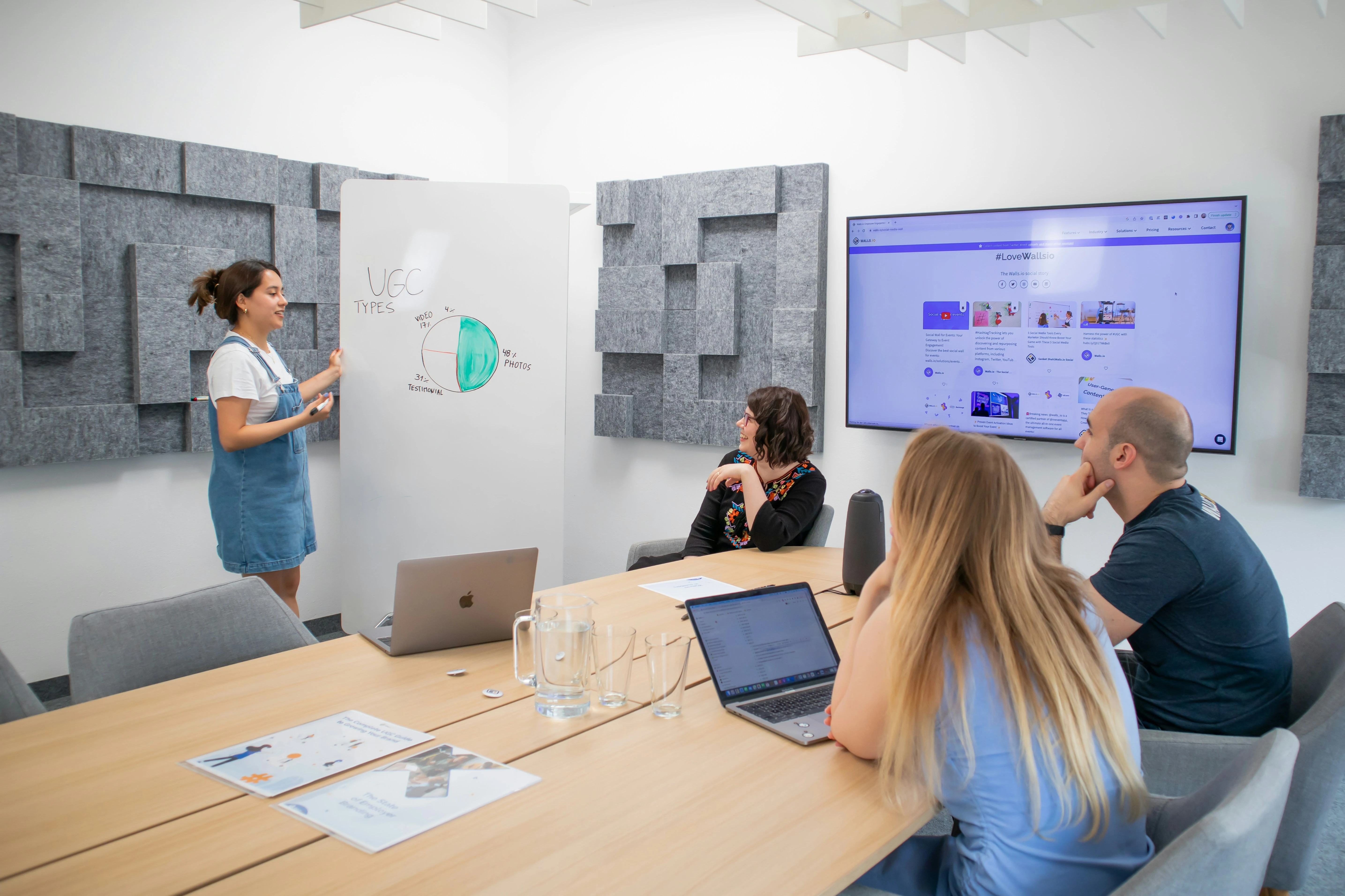exploring the impact of AI on communication in distributed teams

The Rise of AI in Remote Work
With the advent of remote work, companies have had to rethink how they manage communication and collaboration among distributed teams. Artificial Intelligence (AI) has emerged as a transformative force, offering tools and solutions that streamline processes and enhance productivity. From natural language processing to machine learning algorithms, AI technologies are playing a pivotal role in bridging communication gaps and ensuring project success in remote work environments.
AI-Driven Communication Tools
Chatbots for Immediate Assistance
One of the most prominent applications of AI in communication is the use of chatbots. These virtual assistants can handle routine inquiries, schedule meetings, and even provide real-time translations in multilingual teams. By automating repetitive tasks, chatbots allow team members to focus on more strategic activities. For example, a company like Acme Corp uses an AI-powered chatbot to manage support queries, resulting in a 30% reduction in response times.
Natural Language Processing for Enhanced Clarity
AI's ability to process and understand human language has been leveraged to improve clarity and comprehension in team communications. Tools like Grammarly or Microsoft's Editor use NLP to suggest improvements in tone, grammar, and style, making written communication more effective. This is particularly beneficial in diverse teams where language barriers may exist.
Virtual Meeting Assistants
AI-driven meeting assistants such as Otter.ai and Fireflies.ai transcribe meetings in real-time, allowing participants to focus on the conversation rather than note-taking. These tools not only capture key points and action items but also offer insights through sentiment analysis, which helps gauge team morale and engagement levels.
AI in Project Management
Automated Task Management
Project management platforms like Asana and Trello have integrated AI to automate task assignments based on employee workload and priority. By analyzing patterns in team performance and deadlines, AI can predict potential bottlenecks and suggest resource reallocation before issues arise.
Predictive Analytics for Better Decision Making
AI systems equipped with predictive analytics capabilities can analyze historical data to forecast project outcomes. This allows managers to make informed decisions by assessing risks and identifying opportunities for improvement early in the project lifecycle.
Practical Implementation Strategies
- Select Appropriate Tools: Evaluate different AI tools based on your team's specific needs. Consider factors such as ease of integration, user-friendliness, and scalability.
- Train Your Team: Provide training sessions to ensure your team is comfortable using new AI tools. This includes understanding how to interpret AI-generated insights and integrating them into daily workflows.
- Monitor and Adjust: Regularly review the effectiveness of AI tools and gather feedback from your team. Use this information to make necessary adjustments or explore additional functionalities.
A Small Scenario: The Case of BrightTech
Consider BrightTech, a software development company that recently transitioned to a fully remote model. To ensure seamless communication among its global workforce, they implemented Slack's AI-powered huddle feature for spontaneous audio chats and utilized Google Meet's automatic captioning for virtual meetings. After six months, they observed a marked improvement in cross-functional collaboration and a 20% increase in project delivery rates.
A Checklist for Implementing AI in Distributed Teams
- Identify communication challenges specific to your team.
- Research AI tools that address these challenges effectively.
- Conduct pilot testing with a small group before full-scale deployment.
- Integrate AI tools with existing communication platforms.
- Provide ongoing support and training for all team members.
- Continuously collect data on tool performance and user satisfaction.
- Regularly update tools to leverage new AI advancements.
The integration of AI into communication and project management processes offers distributed teams an opportunity to overcome traditional barriers associated with remote work. By carefully selecting and implementing AI tools, organizations can enhance their communication strategies, improve collaboration, and drive project success.





